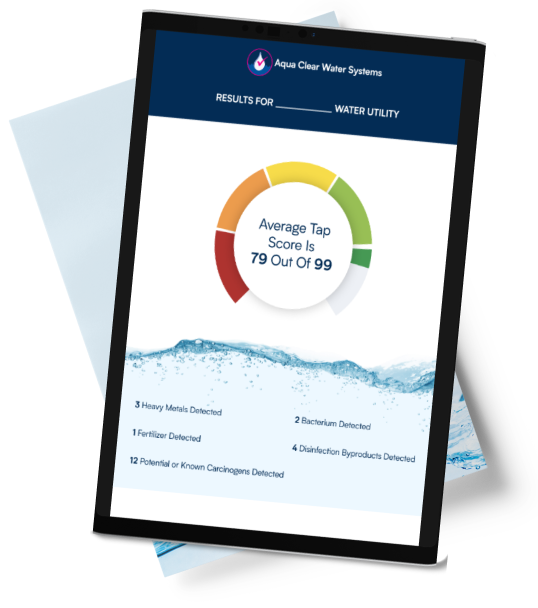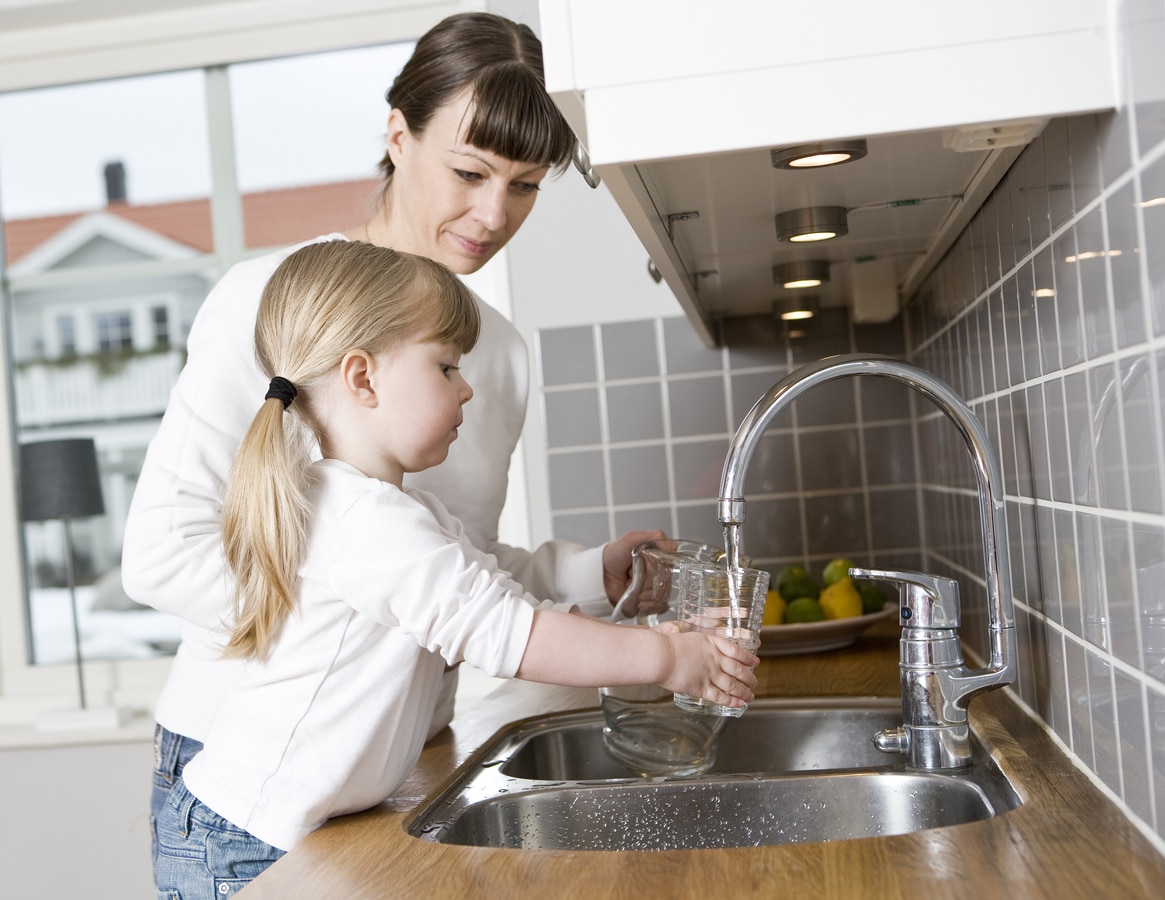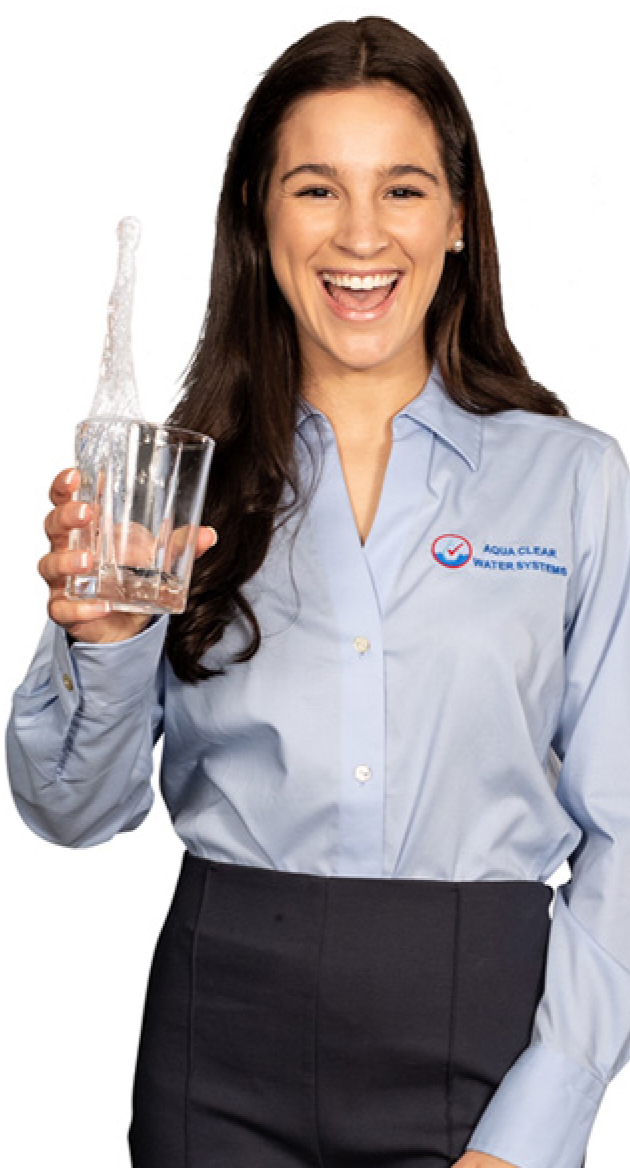Many people wonder if the minerals present in mineral water could increase their risk of developing kidney stones. The key question we hope to answer in this article is: Can mineral water cause kidney stones, or is this just a myth? In this article, we will define both mineral water and kidney stones and help you to understand the risk factors involved, while separating the facts from assumptions and myths.
What is Mineral Water?
Mineral water is water than has been sourced from natural underground reservoirs. It contains minerals that are naturally dissolved in water such as calcium, magnesium and various bicarbonates.
Some people may assume that all water is nutritionally equal – after all, water is water, right? In truth, this is far from the case:
- Mineral water comes from underground sources and must reach a certain threshold of mineral content to qualify for the name ‘mineral water’.
- Tap water is supplied municipally from reservoirs or from individual wells. It is often treated with chlorine to kill bacteria and viruses. The mineral content of tap water varies by region and the source of the water, though it is generally much lower than bottled mineral water.
- Filtered water has been treated by a carbon filter or a reverse osmosis system in the home to remove heavy metals, disinfectants and other impurities. As a result, it has a much-reduced mineral content.
Mineral water is often marketed as the healthy choice of drinking water due to it being a source of minerals which are needed for various bodily functions. Its taste is preferable for many to that of plain, unfiltered tap water. It is important to note that there can be a wide variation in the mineral content of different brands of mineral water.
What are Kidney Stones?
Kidney stones are deposits of minerals or waste products from the blood that collect in the kidneys (the body’s system for filtering waste and impurities from the blood.) These deposits build up and clump together in crystallized form, making hard lumps known as kidney stones.
Some are small enough not to be noticed in the body and can be expelled painlessly through urination. Others may be painful to pass, and symptoms may require treatment at home or advice from a physician.
Larger kidney stones may cause the following symptoms:
- Pain in the sides of the abdomen, the groin or towards the back.
- High temperature.
- Nausea and/or vomiting.
- Blood in the urine.
- Urine infection.
Kidney stones are more likely in people who are often significantly dehydrated, those who take certain medications or those who have medical complaints raising the level of certain substances in the urine and blood.
A sizeable kidney stone may block the ureter (the tube between the kidneys and bladder) which can cause a kidney infection because waste cannot leave the body, allowing bacteria to build up in the kidneys. The symptoms of this are like those of kidney stones, though you may also experience:
- Chills and shivering.
- Feeling excessively weak or tired.
- Cloudy urine and/or urine with a foul odor.
What May Raise Your Risk of Kidney Stones?
There is a range of factors that may increase your risk of developing kidney stones.
The most important factor is dehydration. Those who do not consistently drink enough to maintain a good level of hydration are at much greater risk. Consuming enough fluids removes chemicals which may clump into stones if left to fester in the kidneys.
Consuming a diet high in sodium and oxalates can also increase your risk, as these substances may form into stones if they gather at high levels.
Family history and genetics can play a role. Some people are unfortunately more prone to form kidney stones than others.
Certain medical conditions increase the risk of developing kidney stones as they increase the levels of substances in the blood and urine which contribute to stone formation. These include gout and hyperparathyroidism. As with all health issues, it is wise to consult your physician to discuss any individual risk factors.
Lifestyle can also affect your likelihood of developing kidney stones. Those who lead very sedentary lives are more likely to suffer from kidney stones, meaning that those who are bedbound are at a particular risk.
The wide variety of risk factors shows that there is no single responsible factor for the development of kidney stones. This includes food and drink sources. The formation of kidney stones or your likelihood of experiencing this is down to a combination of factors, not any single choice or factor.
Does Mineral Water Cause Kidney Stones?
This part of the article returns us to our central concern, and it would be a reasonable conclusion to draw with no scientific input: surely the consumption of minerals which can form kidney stones would increase the risk of developing them?
But scientific studies consistently show no clear link between the consumption of minerals such as sodium and calcium and an increased risk of suffering from kidney stones. In fact, some mineral waters may actually be beneficial to preventing kidney stones, due to containing bicarbonates which alter the acidity of urine and can break down stones before they become problematic.
For those already prone to calcium stones, for example those with a strong family history or those who regularly take calcium-based antacids, doctors may advise moderation of consumption of beverages high in calcium. It is very rare for specific beverages to be names, and mineral water is rarely ruled out completely.
Mineral water alone is not a cause of kidney stones. Hydration is a protective factor against their development, regardless of the type of water consumed: mineral, tap or filtered.
How to Reduce Your Risk of Kidney Stones
Just as there are many risk factors to the development of kidney stones, so too are there a number of ways you can try to prevent their formation.
The most important advice we can give is to stay hydrated, consuming enough fluids each day to satisfy your body’s needs regardless of your activity levels or the ambient temperature. This means that on days you are more active, or it is hotter, you will need to drink more than usual to maintain adequate hydration. You should observe that your urine is a pale-yellow color when you are well-hydrated.
You can add a dash of lemon or lime to your water. This may be a taste boost, but it also acts as an additional protective factor against kidney stones, as the citrates present in both lemon and lime can help to prevent the formation of stones.
Keep an eye on your intake of high-sodium and high-oxalate foods, as well as drinks sweetened with sugar, as these can contribute to your risk of kidney stones. You should aim to consume a well-balanced diet alongside maintaining an active lifestyle to prevent the development of stones.
Conclusion
Mineral water is not directly linked to the development of kidney stones, despite often containing those minerals which are found in stones. The greater risk factor is not consuming enough water, rather than the type of water you choose to drink.
For many people, mineral water is safe to drink as their hydration source and it may be beneficial if containing bicarbonates, as these can change the acidity of your urine and break down any small stones which may form. The main barrier to drinking mineral water, for most people, would be its cost.
As with all medical issues, if you have individual concerns about kidney stones then you should consult your physician. We are not qualified to give medical advice and would not seek to do so.
If you are considering your options to improve hydration for you and your family, why not get in touch with AquaClear Water Systems? We can advise you on water quality issues in your area and help you to choose a filtration solution that suits your needs and your property. It would be our pleasure to support your journey to better hydration and reduce your risk of kidney stones.







